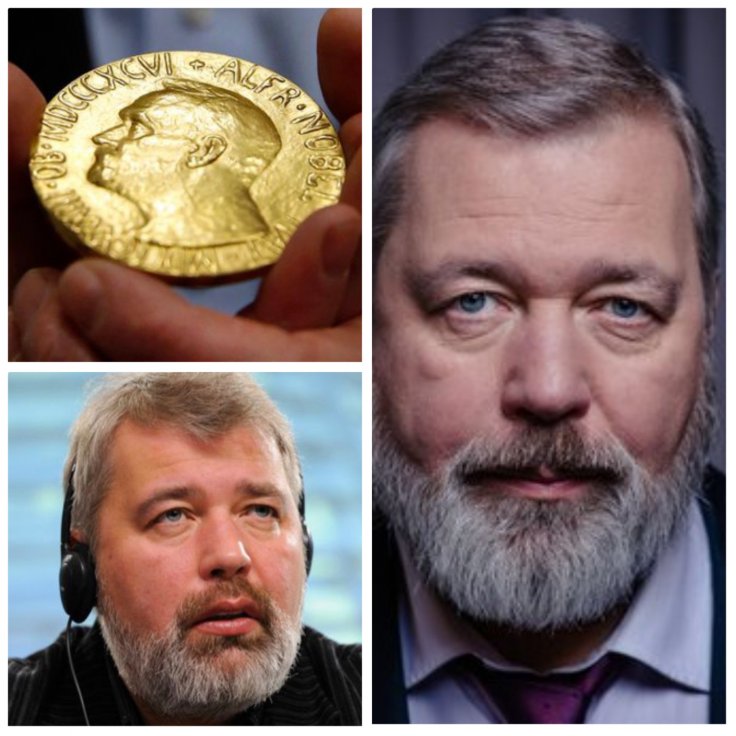The media licence of Novoya Gazeta, an independent newspaper in Russia, has been revoked by a Moscow court. The newspaper has also been banned from operating. Russian media watchdog Rozkomnadzor accused the Dmitry Muratov-led publication of failing to provide documents related to a change of ownership in 2006. But the newspaper's lawyers say the changes in 2006 did not require presenting the charter to the authorities.
Muratov, the editor-in-chief who won the 2021 Nobel Peace Prize, described the ruling as a "political hit job" without the slightest legal basis. He said Novoya Gazeta which has been publishing since 1993 would appeal. It is one of the most respected publications in the post-Soviet Russia.
In March, following Russia's invasion of Ukraine, Novoya Gazeta suspended operations after it was forced to remove material from its web portal on the invasion. It announced that it was suspending its print and online operation until the end of Russia's special military operation in Ukraine.

Some staff members of the newspaper also left the country. They launched a new outlet – Novaya gazeta Europe – from Riga, Latvia's capital. However, Muratov has remained in Russia despite fears for his safety and freedom over his opposition to the conflict in Ukraine.
In April, he was attacked with red paint laced with the solvent acetone aboard the Moscow-Samara train. Not deterred by the attack, Muratov auctioned off his Nobel Peace Prize medal, which he was co-awarded for defending freedom of expression in Russia, in June for $103.5 million. He used the money from the sale to help refugees from the war in Ukraine.
Russia launched an unprecedented crackdown on protesters, independent news media outlets and social media networks. President Vladimir Putin signed a draconian law imposing a jail term of up to 15 years for spreading intentionally "fake" news about the military. He effectively criminalized any public criticism of the war. As such, dozens of Russian independent media outlets were banned.









